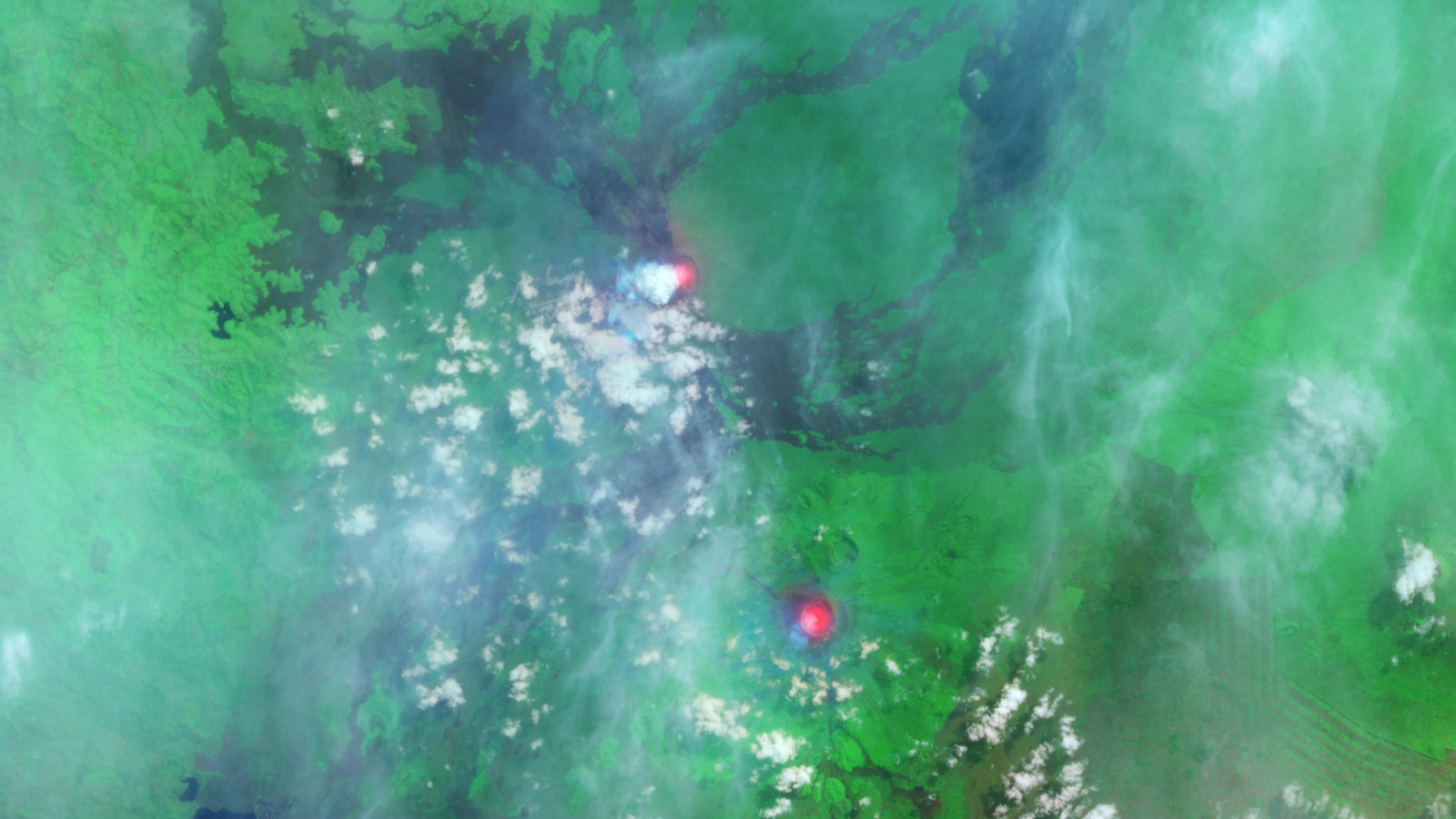Moon news, features and articles
Latest about The Moon
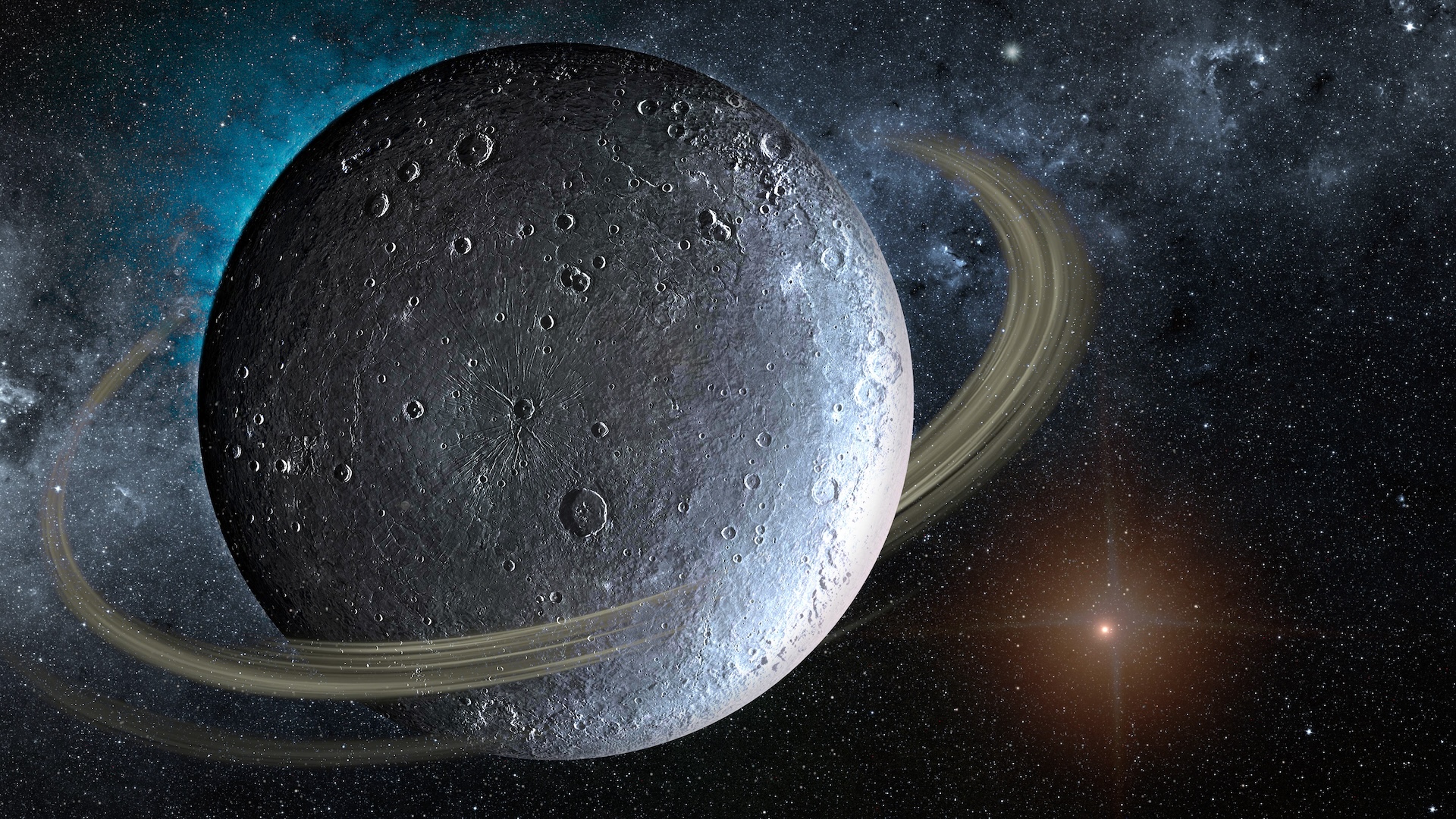
Earth's moon could've had Saturn-like rings, new study hints
By Deepa Jain published
A new study implies that in the past, moons in our solar system may have had rings just like planets do — deepening the mystery of why no ringed moons exist today.
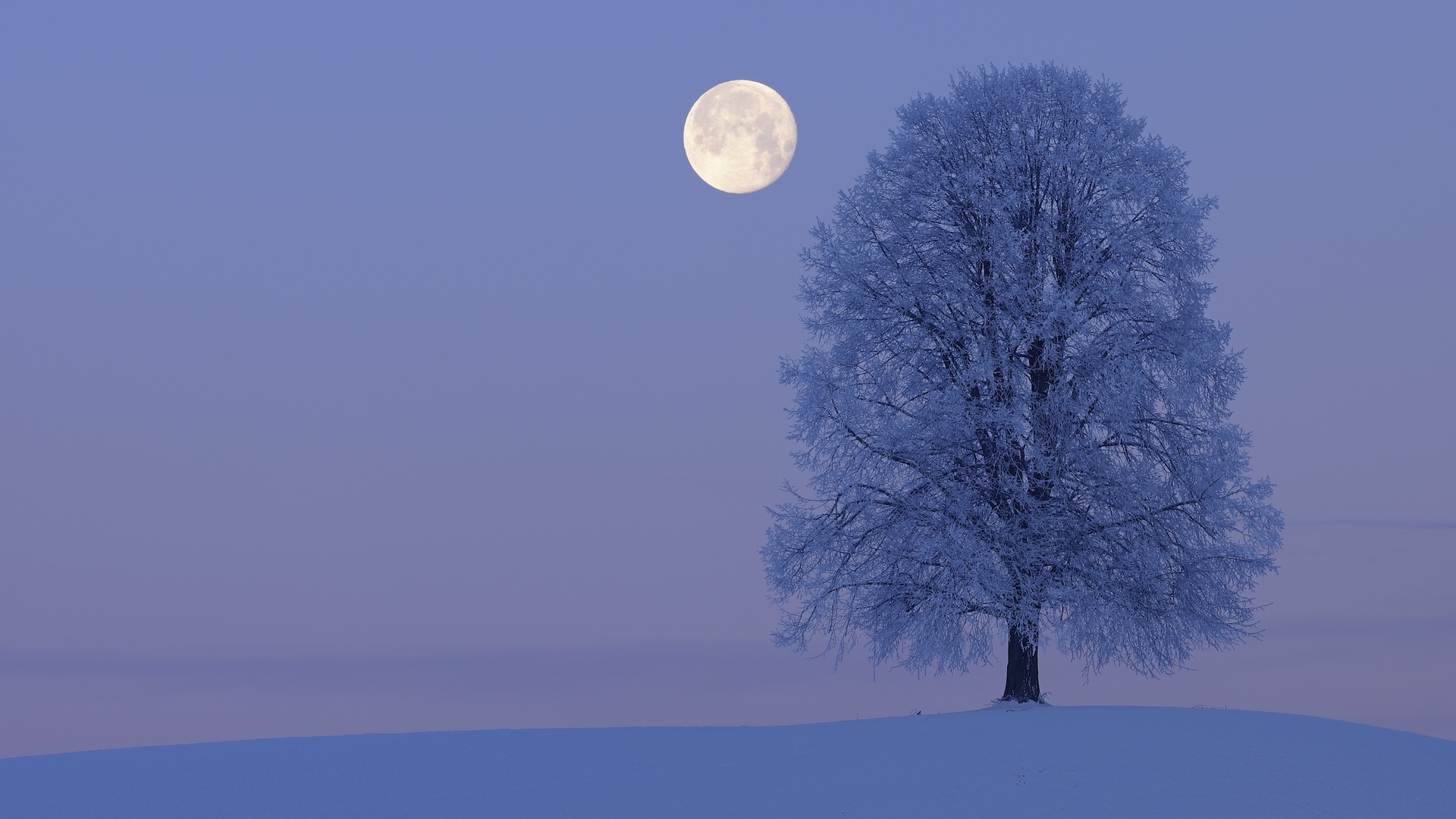
The full Wolf Moon rises tonight (Jan. 13). Here's how to watch it block Mars from the sky.
By Jamie Carter published
The Wolf Moon — the first full moon of the year and of winter in the Northern Hemisphere — rises tonight, but will be best seen on Jan. 14, shortly after it has occulted Mars.
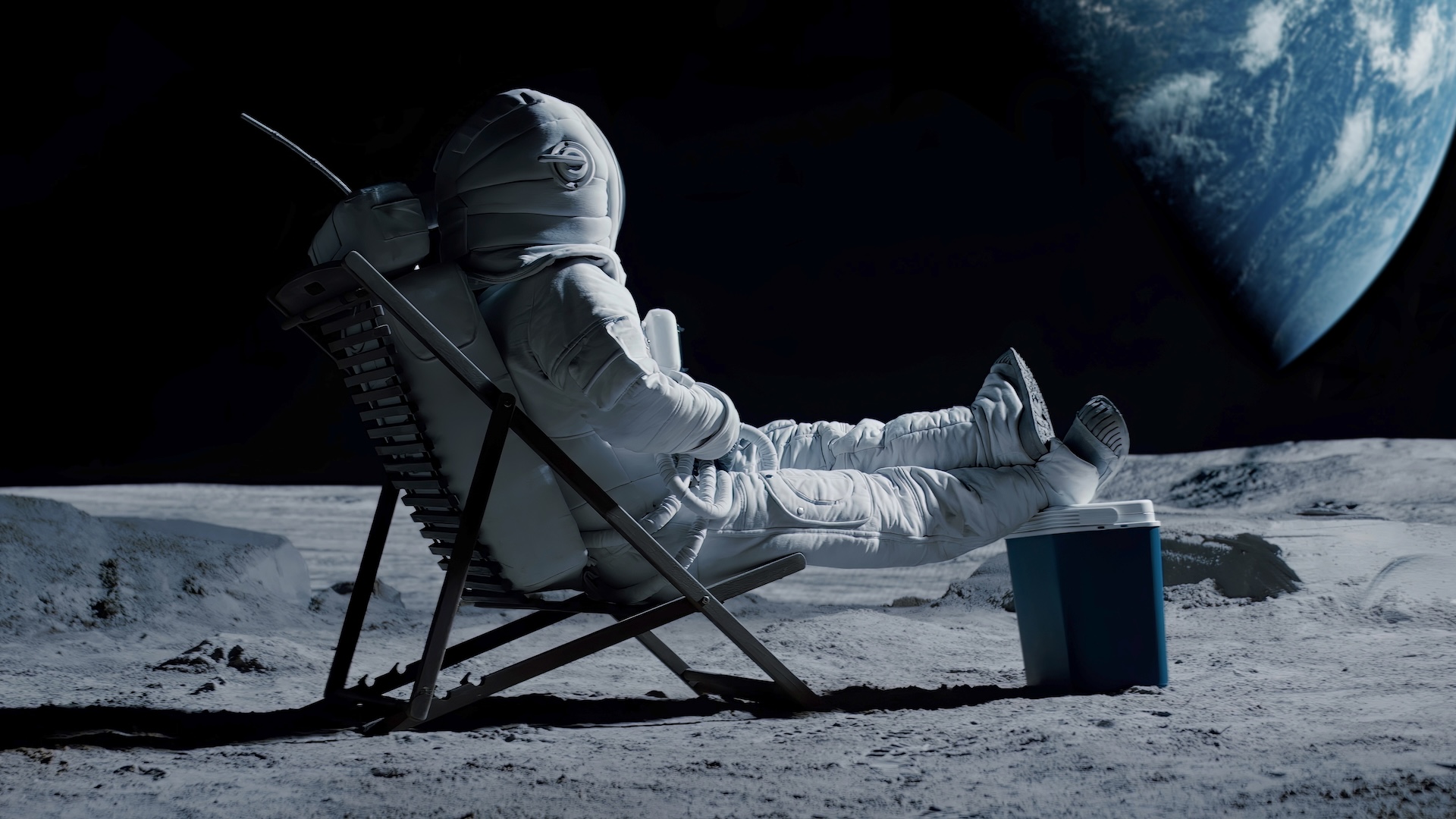
What temperature is the moon?
By Elana Spivack published
An astronomer describes how the moon's surface temperature changes.
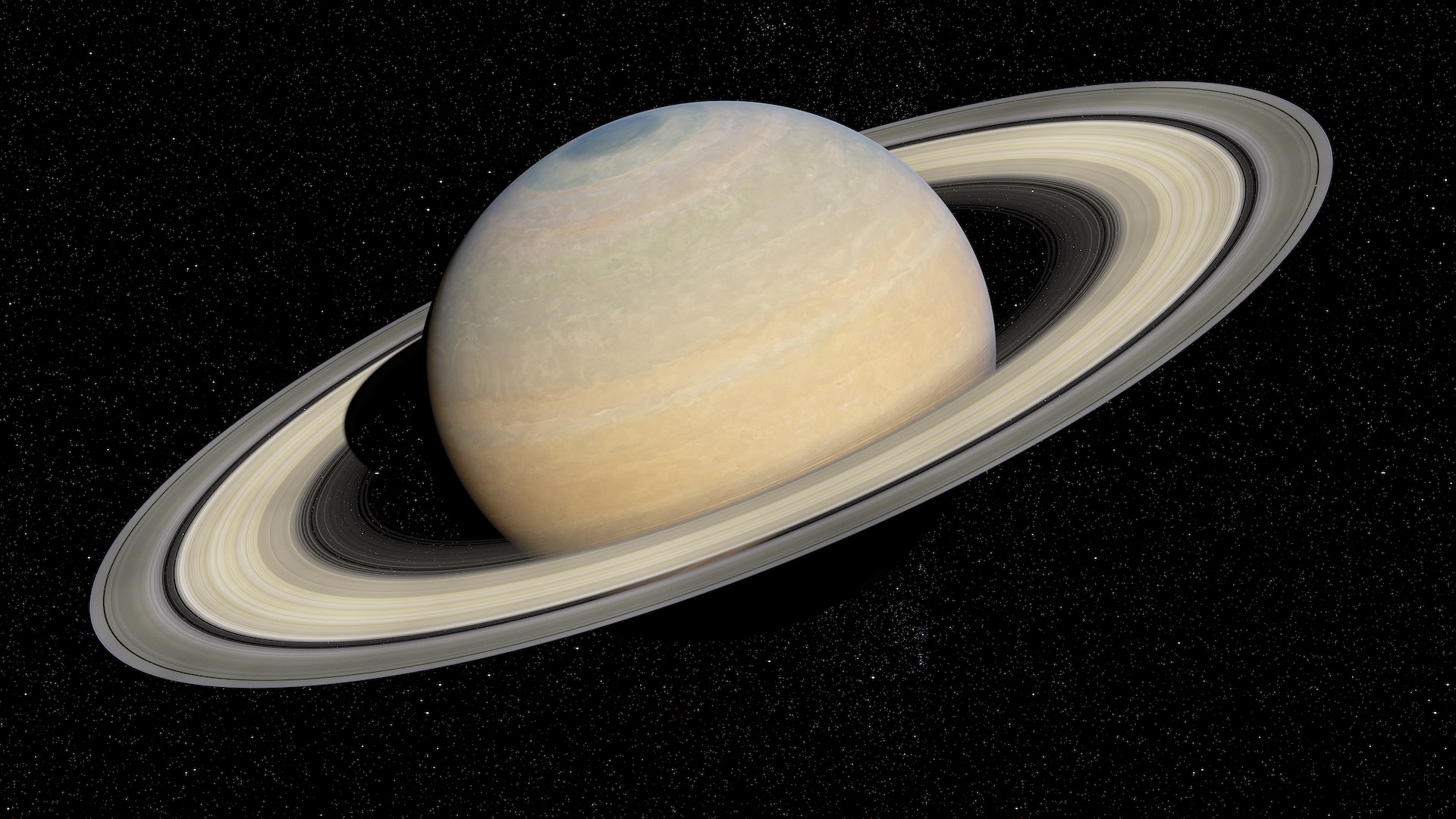
Saturn will disappear behind the moon for skywatchers in Europe on Saturday. Here's how to see it.
By Gretchen Rundorff published
One of the last easily visible lunar occultations of Saturn until 2037 will occur on Jan. 4.
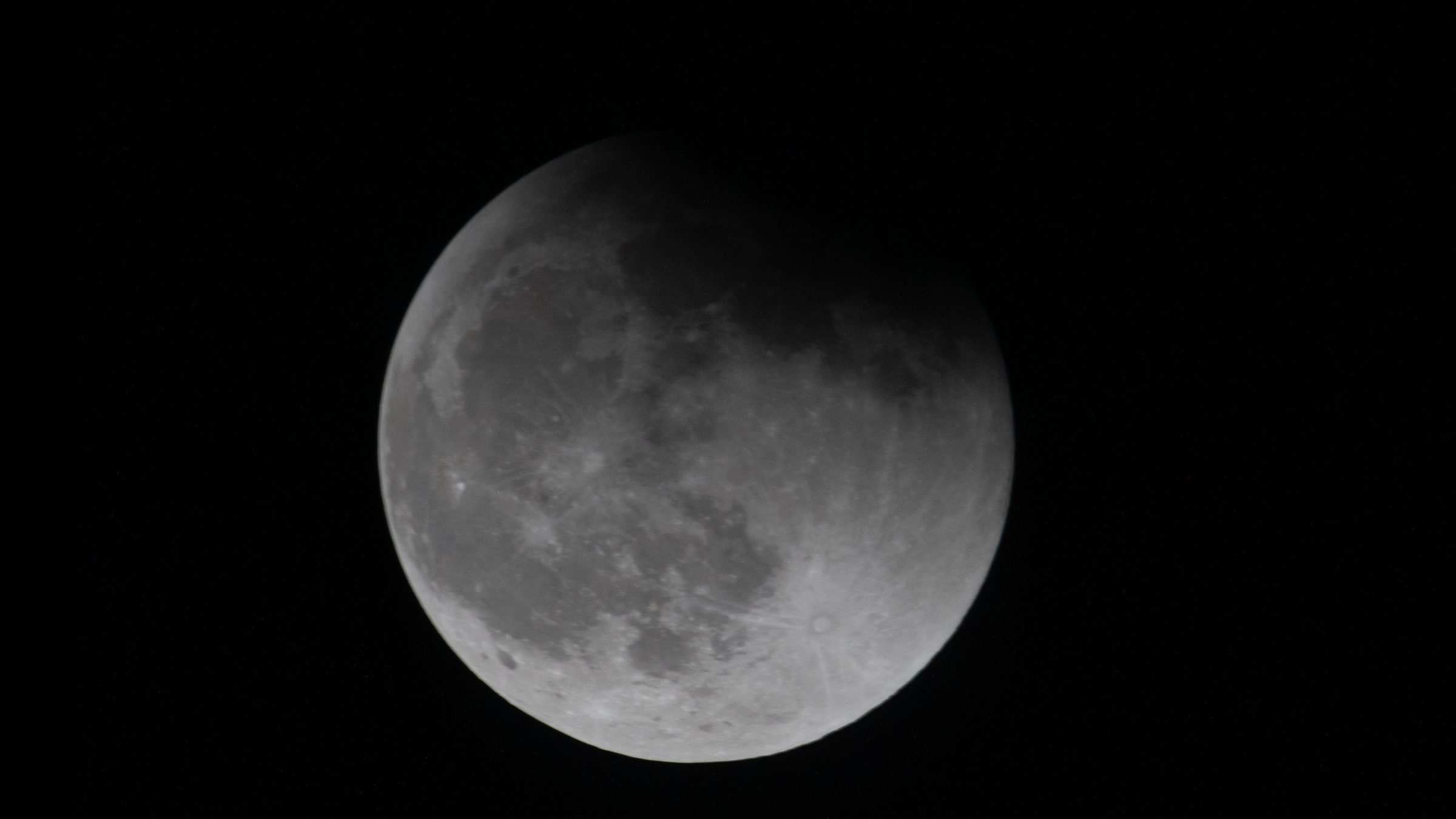
Is the moon a planet?
By Briley Lewis published
The moon is a round, rocky body, but is it a planet? The answer, scientists say, is complicated.
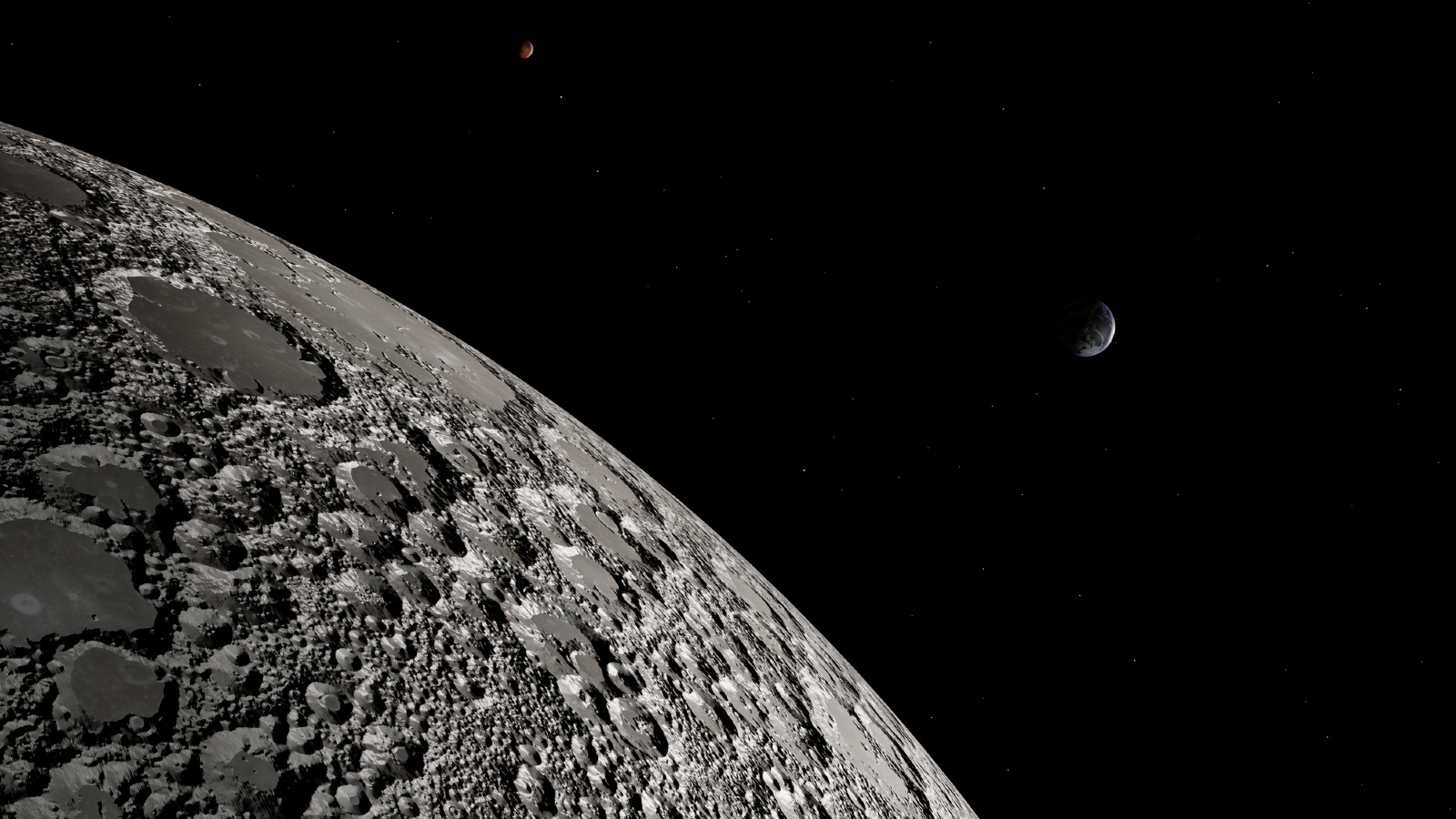
New study confirms the moon is older than we realized — and reveals why we previously got it wrong
By Harry Baker published
Scientists have shown that a "remelting event" more than 4.3 billion years ago "reset" the internal clock of most lunar rocks, which has helped obscure the moon's true age.
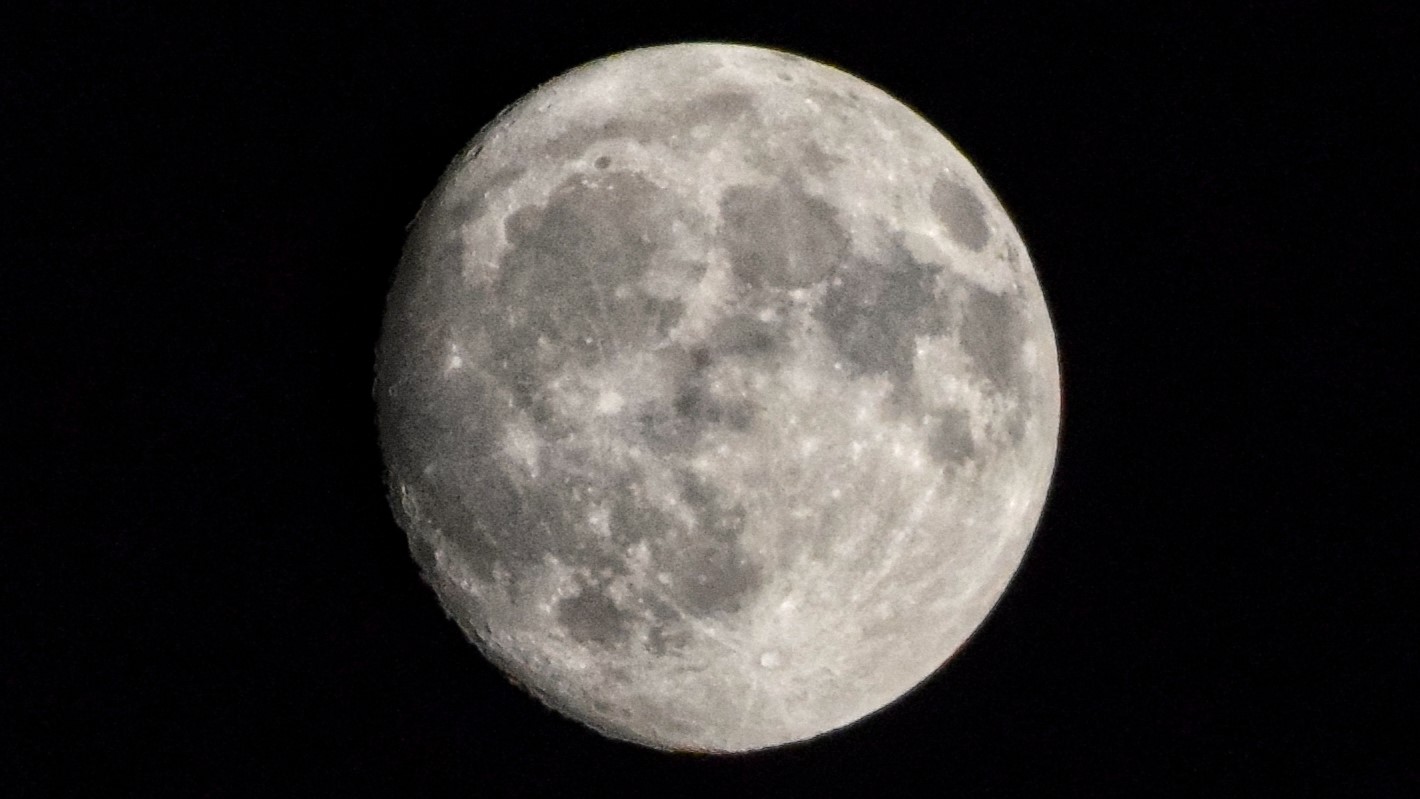
Moon quiz: What do you know about our nearest celestial neighbor?
By Christina Hughes published
Quiz How's your moon knowledge? Full, half, or total eclipse?

Cold Moon 2024: Watch the final full moon of the year rise with Jupiter this weekend
By Jamie Carter last updated
The Cold Moon — the 12th and final full moon of 2024 — will rise on Sunday (Dec. 15). It will ascend higher into the night sky than any other full moon this year to sit alongside the planet Jupiter.
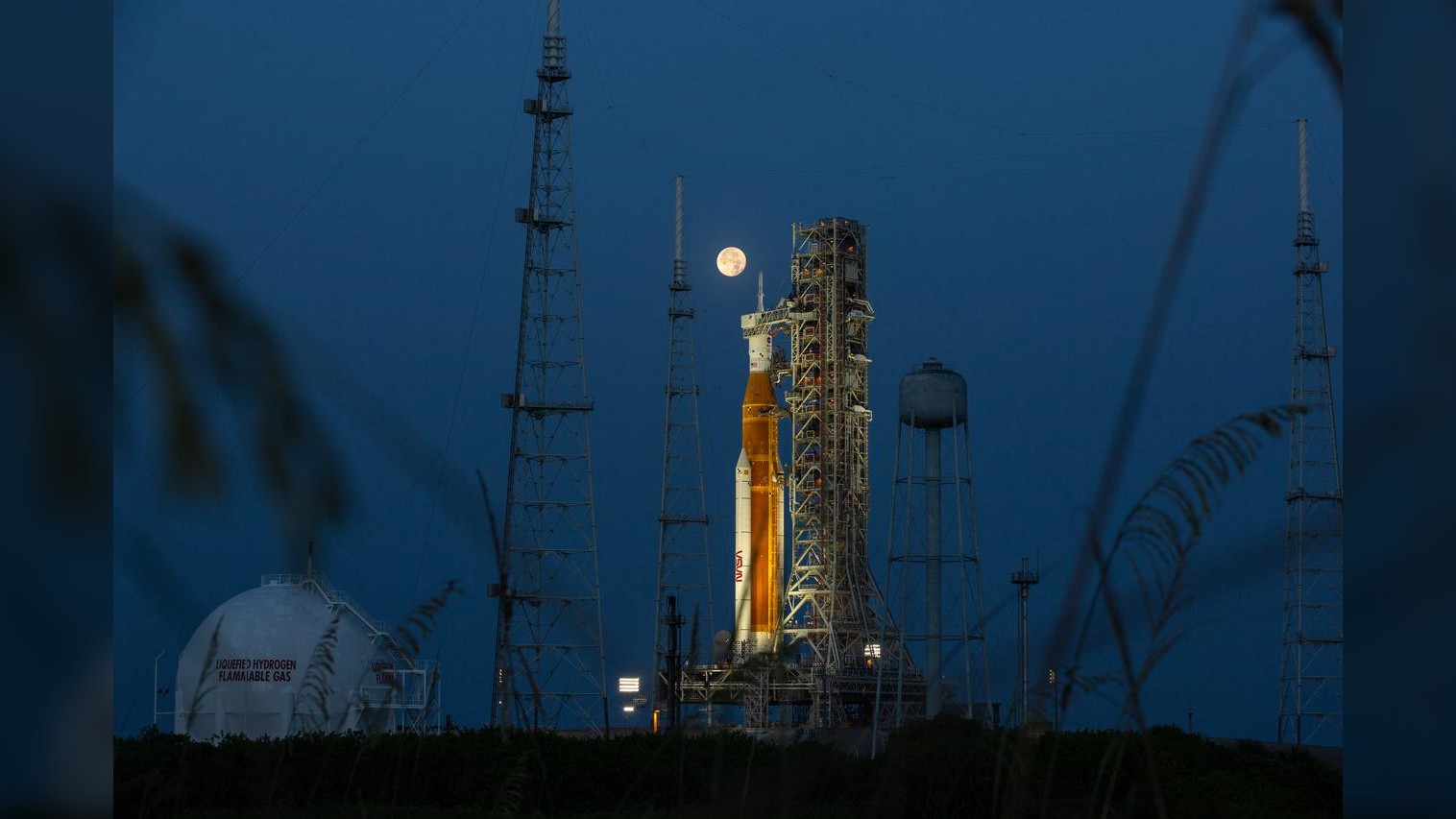
Artemis Program: NASA's plan to send humans back to the moon
By Adam Mann last updated
Basic information about the Artemis program's Space Launch System and Orion capsule.
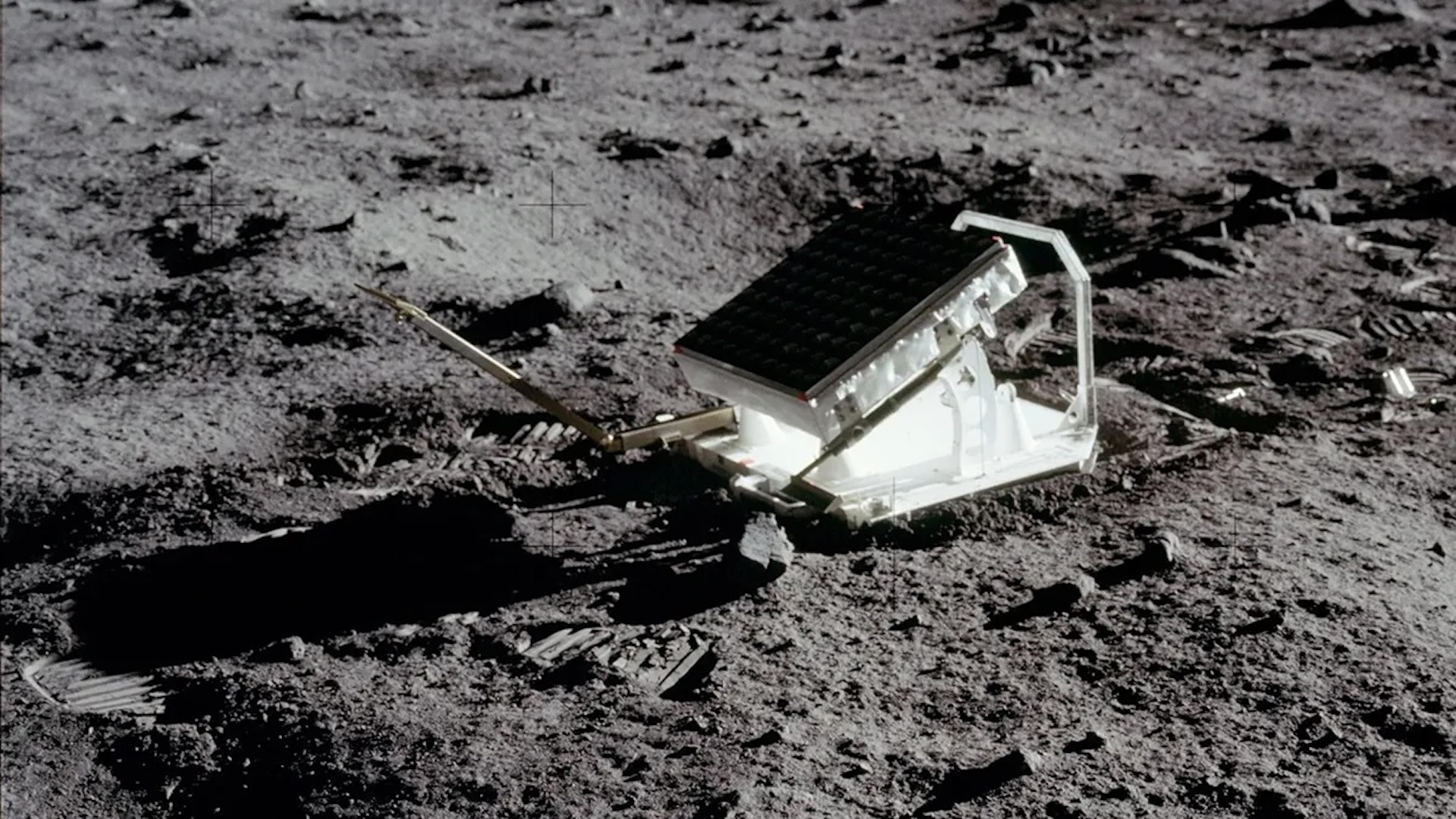
Time moves faster on the moon, new study of Einstein's relativity shows
By Matthew R. Francis, Eos.org published
Using Einstein's theory of general relativity, physicists found that clocks on the moon would run 56 microseconds faster than clocks on Earth. That finding will help future lunar missions navigate.
Sign up for the Live Science daily newsletter now
Get the world’s most fascinating discoveries delivered straight to your inbox.
